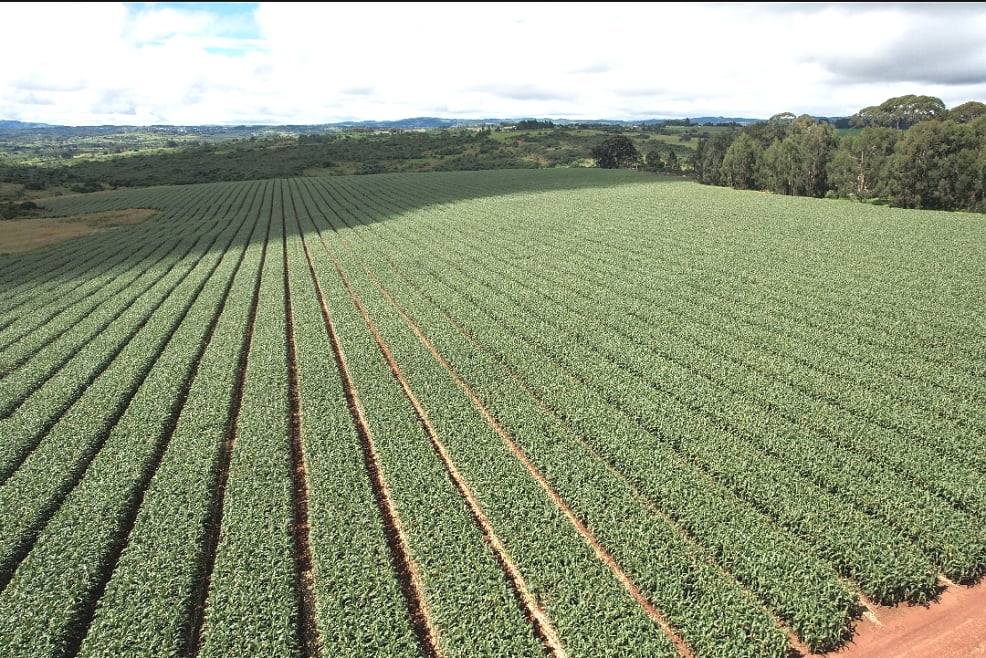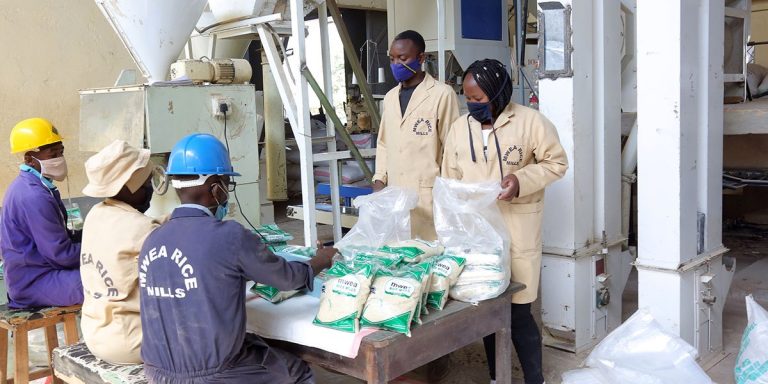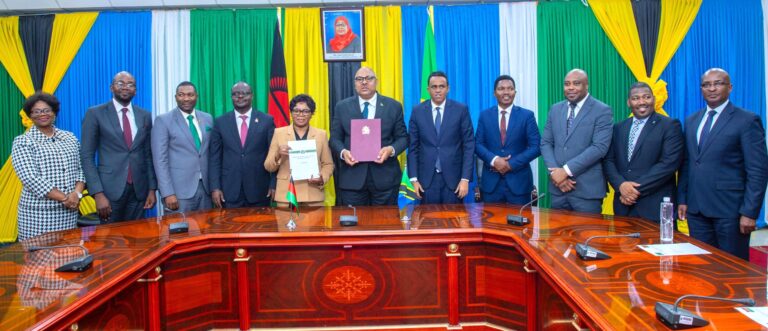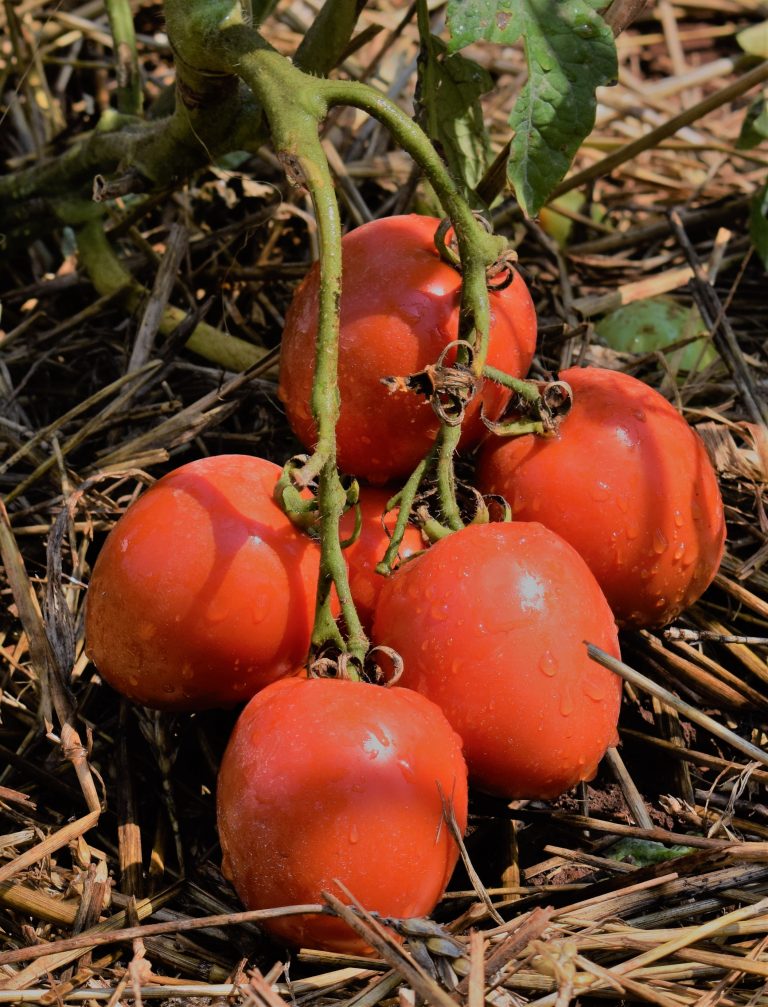A trade row has erupted between Tanzania, Malawi and South Africa following a ban imposed on the importation of various agricultural products originating from Tanzania. These products include flour, rice, ginger, bananas, and most recently, maize to Malawi and bananas to South Africa.
Tanzania has not taken the move kindly, as the Agriculture Minister, Hussein Bashe, says this unilateral move has adversely affected Tanzanian traders who rely on the Malawian market for their produce.
“It is important to note that for the past five years, the Government of Tanzania has made continuous efforts to secure market access for our bananas in South Africa, efforts which, unfortunately, have yet to yield results. This mirrors the long struggle we faced over the past decade in opening up the avocado market, which only saw progress when Tanzania began to impose reciprocal restrictions,” said Bashe in a statement.
He added that there have been extensive but unsuccessful diplomatic engagements, which have necessitated the Ministry of Agriculture to reach retaliatory decisions.
“If Malawi and South Africa do not reverse their decisions by Wednesday next week, the Government of Tanzania will impose a ban on the importation of all agricultural produce and agro-based products from these two countries. Transit of agricultural goods from Malawi and South Africa through Tanzanian territory, including through the Port of Dar es Salaam, will be suspended until further notice,” opined Minister Bashe.

Following the decision, the export of fertilizer from Tanzania to Malawi will also be suspended, as part of measures to safeguard Tanzania’s national agricultural interests.
In addition, all Tanzanian transporters involved in cross-border agricultural trade have been strongly advised to suspend any planned shipments to Malawi or South Africa until their respective governments review their positions.
Furthermore, Tanzanian traders who have placed orders for apples, oranges, and other agricultural imports from South Africa have been advised to halt their transactions, as these goods will not be permitted entry into the Tanzanian market until South Africa opens its market to Tanzanian bananas.
“As the Minister responsible, I wish to affirm that all efforts to engage Malawi’s Minister of Agriculture have been made, but unfortunately, no official response has been received. These measures are being undertaken in defence of our farmers, our traders, and the principle of fair regional trade. Tanzania will not continue to allow unequal market access to persist at the expense of its people,” added Minister Bashe.
The countries’ trade war raises critical questions about the implementation of the African Continental Free Trade Area (AfCFTA) agreement, which aims to create a seamless continental market. The trade restrictions, implemented by the countries, directly contradict AfCFTA’s core principles of reducing trade barriers and promoting intra-African commerce.
Out of the 55 African Union member states, 54 have signed the African Continental Free Trade Area (AfCFTA) agreement. Eritrea is the only member state that has not signed the agreement.






